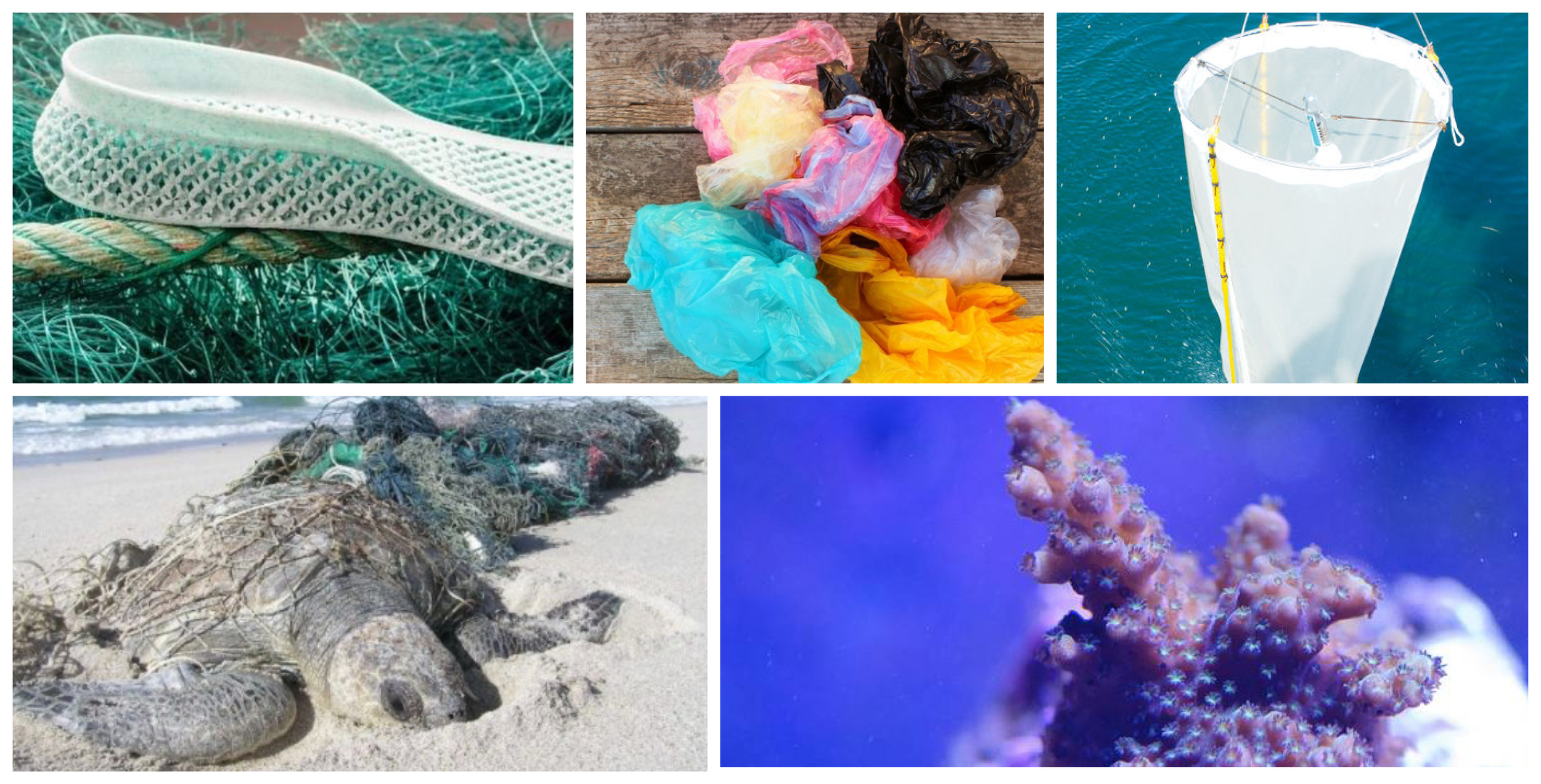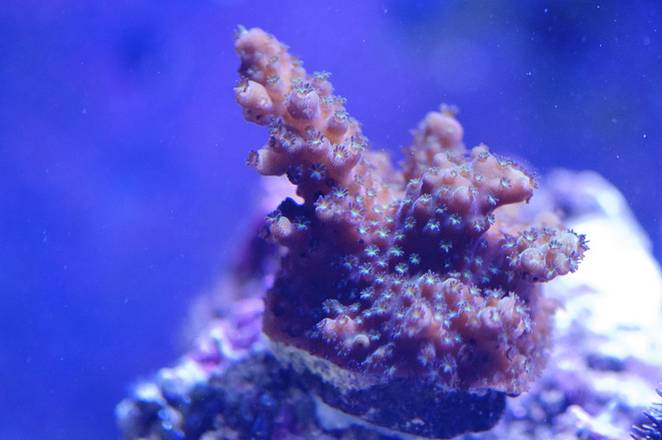New ways to upcycle plastics, dead sea turtles, and less pollution in some places
Emilio Lopez
Collaborative efforts around the world continue to gain strength to help communities address water pollution. This week, we highlight new efforts to address plastic pollution and research showing the impact of plastics on marine life. Here are some recent stories:
Can upcycling really help the oceans? - GreenBiz
Source: Greenbiz.com
"As recycling rates drop and ocean pollution worsens, many innovators are taking marine debris, a notoriously unrecyclable material, and turning it into useful items. They’re turning all types of marine plastic trash, from old fishing gear to bits of broken-down hard plastic called microplastic, into new products. [...] Products currently made from recycled ocean plastic include shampoo bottles, skateboards, sunglasses, athletic shoes, sportswear, doormats, jewelry and board shorts. Some companies involved in ocean plastic "upcycling" are reporting encouraging numbers in keeping marine debris out of landfills and the ocean." Read the full story at Greenbiz.com
Coalition calls for oxo-degradable plastic ban - Edie.net
Source: Edie.net
"A coalition of businesses, NGOs, scientists and politicians have come together to call for a ban on oxo-degradable plastic packaging, which has been linked to microplastics pollution. [...]
Oxo-degradable plastics are produced in many countries across the world, including the UK, and is broadly used in packaging and plastic carrier bags. These materials are often touted as a solution to plastic pollution, with some claiming that it biodegrades into harmless residues.
But researchers have disputed this assertion, with a mounting body of evidence showing that oxo-degradable plastics fragment into tiny pieces, including microplastics. This poses an environmental risk, evidence suggests, particularly in the ocean. On top of this, it is believed that these plastics are not suited for effective long-term, recycling at scale or composting." Read the full story at Edie.net
Harbour cleanup efforts pay off - The Chronicle Journal
Source: The Chronicle Journal
"Thunder Bay’s long polluted harbour may not be so polluted any longer, according to the agency overseeing efforts to clean it up.
The Thunder Bay Remedial Action Plan (RAP) said Thursday that plankton levels have improved to the point where that particular problem should be removed from a list of specific concerns about the harbour’s water.
Plankton are microscopic organisms in the water column that fish feed on, and healthy levels generally indicate the water is in good shape.
If the harbour’s plankton is deemed to be no longer “impaired” and removed as an issue by Canadian and U.S. authorities, it could help efforts to have the city’s harbour to become de-listed as one of the Great Lakes areas of concern." Read the full story at The Chronicle Journal
Thousands of Dead Sea Turtles — SOS - Huffington Post
Source: The Huffington Post
"Sea turtles have swum the seas for a couple hundred million years. Today all seven species are in dire shape, especially in Australia and El Salvador.
There are four man-made culprits that are quickly driving these glorious masterpieces – the last vestige of the dinosaurs – off the planet: Fisheries, petroleum-based plastics, the climate crisis, and persistent organic pollutants.
Fisheries are annihilating everything in the seas. Thirteen million miles of longlines, or enough line to encircle the equator 522 times, with almost 2 billion legal and illegal hooks. In 2000 alone, according to Duke University workers, longlines murdered 200,000 loggerheads and 50,000 leatherback turtles." Read the full story at The Huffington Post
Coral thinks plastic is delicious - Treehugger.com
Source: Treehugger
"For years, scientists thought that marine animals eat plastic by accident. There is so much of it in the water and it's hard to differentiate it from real food, so it ends up getting eaten. But now research is showing that marine animals actually like the taste of plastic, adding a worrisome element to the pollution problem.
Some research has been done on fish, but now a recent study out of Duke University and published in the Marine Pollution Bulletin looks at coral's surprising preference for raw plastic. Scientists fed plastic micro-fragments and sand to coral polyps in a laboratory. They did this by dropping the piece near the coral and watching its reaction." Read the full story at Treehugger.com
SOP Technologies on a mission to Stop Ocean Pollution
SOP Technologies brings new solutions to address issues relating to floods, pollution and high costs of stormwater maintenance. Learn more at https://soptechint.com/





